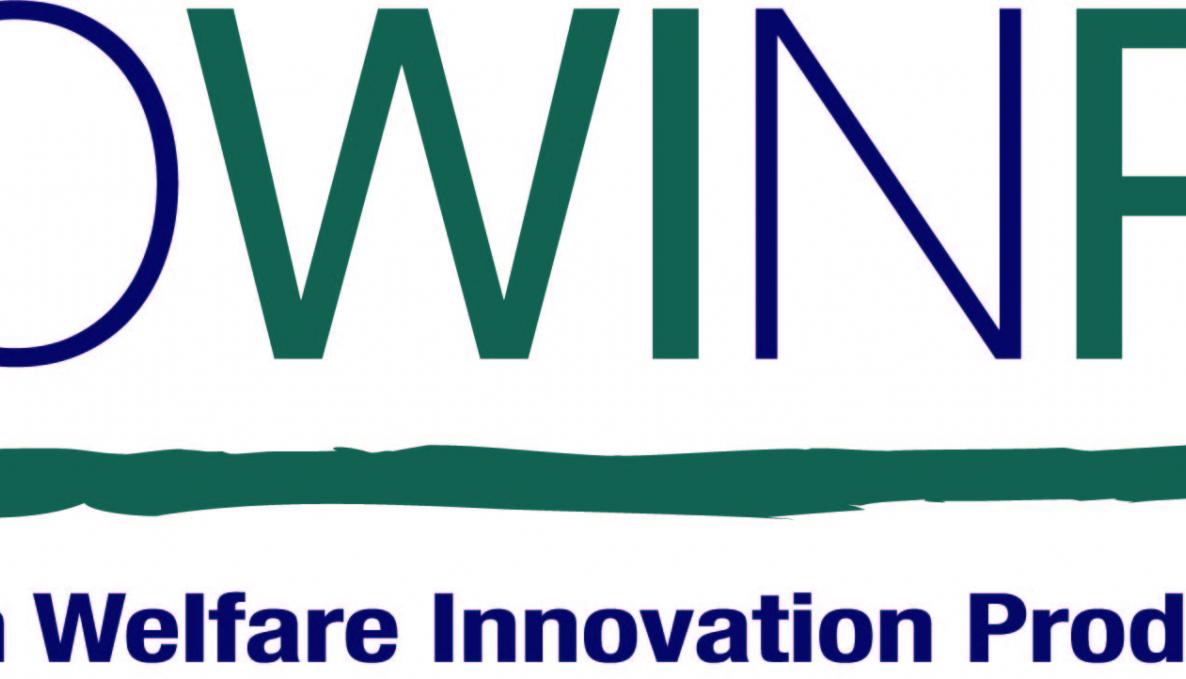The GROWINPRO H2020 project starts its work

February 2019 saw the kick-off of GroWInPro (Growth, Welfare, Innovation and Productivity), a 3-year H2020-funded project which will expand the scope and build upon results from ISIGrowth, a prior project rated ‘’excellent’’ by the European Commission.
The aim of GroWInPro is to provide a detailed analysis of the causes of the anaemic growth performance observed in Europe during the last decades and, in particular, after the Great Recession.
The project will expand the scope of ISIGrowth, fully addressing the whole thread of interactions among innovation, productivity and growth in a world possibly undergoing a' IV Industrial Revolution', wherein globalization exacerbated the diverging patterns of value distribution among countries and social groups. It will thoroughly study the effects of monetary, fiscal and mission-oriented policies in stimulating productivity and output growth. Thus, GroWIPro will deliver a set of demand- and supply-side policy solutions aimed at restoring sustained and inclusive economic growth.
The project was officially kicked-off on February 5th and 6th with a meeting held at the Sant’Anna School of Advanced Studies, which is the home-base of the project coordinator, Andrea Roventini, who commented ‘’Our research showed that the policies suggested during the time of the European big crisis have not been effective; both ISIGrowth and GroWInPro are motivated by the need to find alternative approaches’’.
GroWInPro brings together researchers from eleven international academic institutions and three national statistical offices. The interaction between academic institutions and national statistical offices will provide an important focus on new data sources, methods and statistical indicators to address the research challenges of the project. ‘’The objectives of the project are to analyse the deep drivers of long-term productivity changes and their relationship to the EU stagnation, and to design policy interventions able to put the EU back on the path of an inclusive and sustainable growth. In pursuing these objectives, we will address societal challenges such as climate change, population ageing and robotization, and take into account input from policy makers and stakeholders’’ explains Andrea Roventini.



